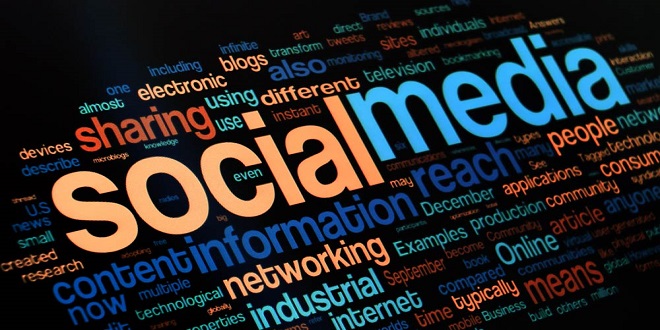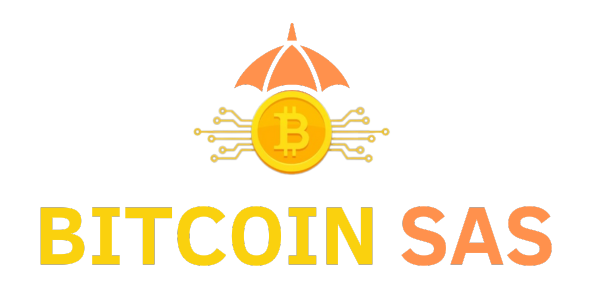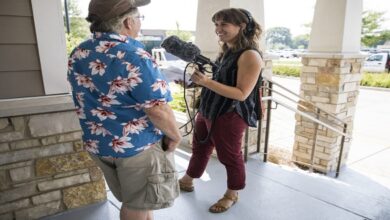How Social Media Changed the News

One of the more significant shifts wrought by digital media is that the news is now being reported by everyone, however episodic and incomplete that reporting might be. Readers are no longer merely passive receivers; they are actively involved in shaping the news agenda and in sharing and commenting on the news. So-called “wet” media, or media in which interactors are participants and contributors, have reshaped the journalistic landscape. Natural disasters such as Hurricane Katrina in Louisiana and Mississippi in 2005, the Myanmar uprising in 2007, and a catastrophic earthquake in southwest China in 2008 were among the first citizen journalism phenomena that showed how socially networked the news could be. In the aftermath of Katrina, CNN. com launched iReport, which solicited and published on the news website’s homepage photos and videos captured by ordinary people. The New Orleans Times-Picayune, which had to go completely digital during and after the storm, also very aggressively sought contributions, reports, video, and photography from Louisiana residents, contributions that helped the newspaper (and website) to win a Pulitzer prize for its hurricane coverage. People throughout the globe relied on participatory (or citizen) journalism to follow China’s earthquake and rescue efforts, and disaster “coverage” that included widespread use of Twitter to produce a steady stream of on-the-ground reporting from the affected areas. Text messages, instant messages, microblogs, and blogs provided a visceral source of firsthand accounts of the disaster in what was a remarkable development for a country known for its censorship of media and of news reporting.
Case Study: Boston Marathon Bombings
The Boston Marathon bombings in 2013 revealed the best and worst of a news age in which anyone can contribute. Many Boston Globe staffers were runners in the marathon, so some immediately began to live tweet from the scene of the two bombings. This live Twitter feeds the Globe integrated into its live blog of coverage of the event and its aftermath, using TweetDeck to monitor the feeds. Bystanders and commentators tweeted freely, as well, adding to what was already a volatile blend of corroborated fact, hunches and intuitions, hearsay, and what turned out to be a great deal of misinformation.
The (Near) Future
An ongoing question for journalists is whether participatory journalism is part of the problem of the decline of traditional news media or part of the solution, and, of course, it is likely a great deal of both. User-generated content raises questions of libel liability, quality standards, and accuracy and fairness, among others. But “pro-am marriages” of professional journalists and regular people armed with phones can produce involvement and participation that get more people interested in the news. Sites and apps such as Pulse, Feedburner, and Reddit give readers the ability to shape a very different news agenda than that of professional news editors, and research has consistently shown that readers have very different definitions and priorities than does the guild of journalism.
What Social Media Have Done to Work Flow
In social media, what formerly was discrete has become fluid, raising interesting questions about labor routines and job duties. Journalists previously have been accustomed to thinking in terms of articles (or stories) as discrete products. Historically, they have also viewed “work” and “play” as distinct and separate activities, or spheres of activity. Digital has changed all of this. From the discrete article, we have moved to a process of knowledge construction, one that could be metaphorically understood as more of a conversation and less of a lecture.
The slang tech refers to technical terminology or jargon used by individuals in the technology field. It includes abbreviations, acronyms, and specialized language specific to technology-related subjects.
Last word
So what is meant by “deadline” and “article” is changing as reporters are asked to stay current on Facebook, Twitter, Reddit, the news organization’s discussion board, and a raft of other socially networked platforms and channels. The “deadline” as a synchronous chronological fact has become lost in a process that is resisting routinization. For tailored strategies to enhance your online presence and visibility in Indiana’s digital landscape, consider consulting with experts in Search Engine Optimization in Indiana.





